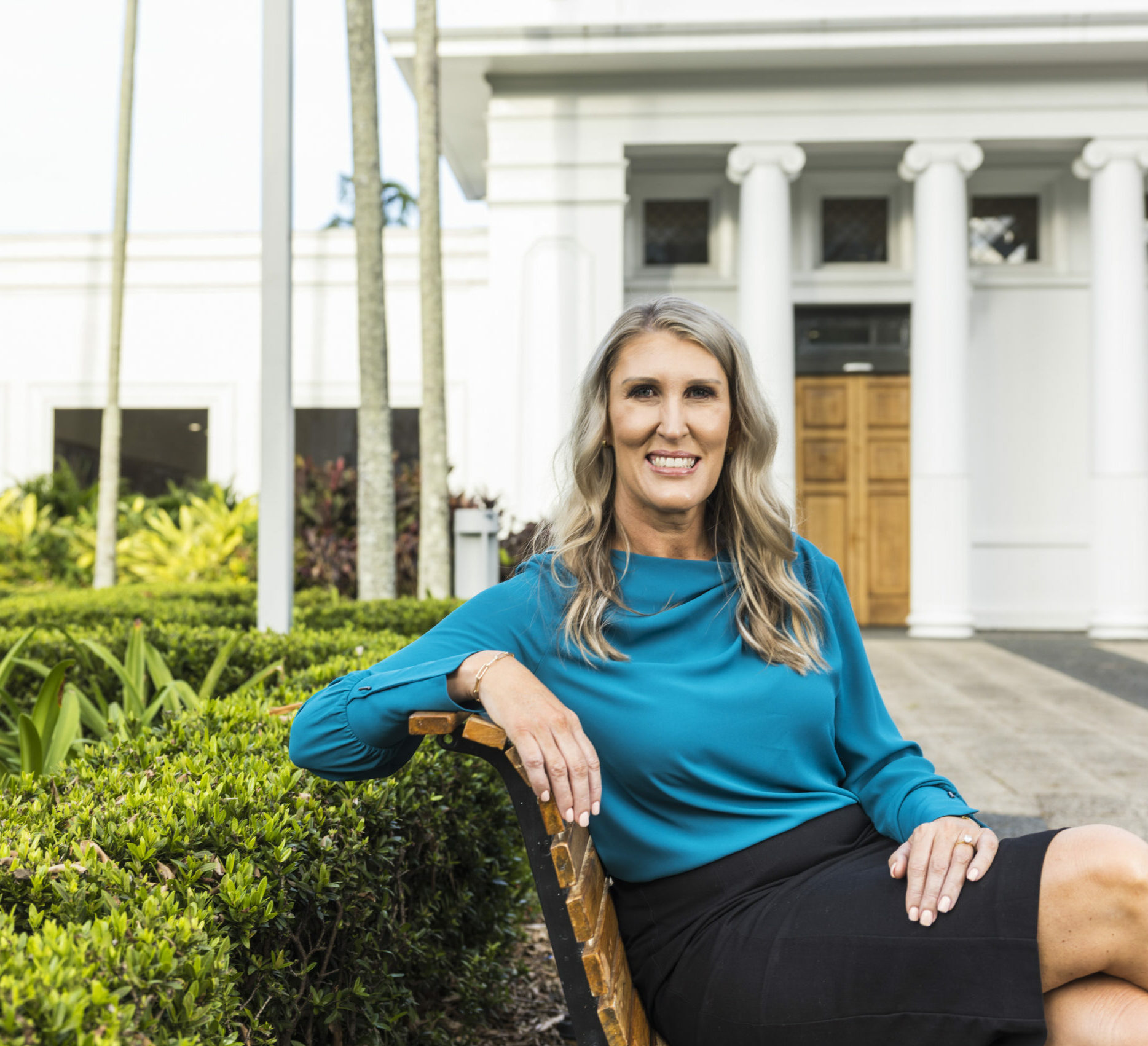
Australia’s Working Holiday Maker (WHM) visa allows travellers aged 18-30 to explore the country for 12 months while taking on short-term employment. It attracts adventurous backpackers from around the world who seek employment to support their Australian travels. In Australia 2021, there were 1.6 million temporary visa holders of which 31,000 were a WHM1.
Many of these young travellers, commonly known as ‘backpackers’, find themselves working various jobs in rural areas to fund their Australian holiday and extend their visa. Those who complete three months of specified work in a rural area may be able to apply for a second-year visa2. Whilst other workers are here on employer sponsored regional visas that may require them to remain working with their sponsor, performing specified work in a particular designated area.
Backpackers bring great benefits to regional communities. But while this experience can be rewarding and may result in a pathway to permanent residency, rural work on farms and the like is not without its risk.
Unskilled workers, who may lack specialised training or experience, often find employment in industries such as agriculture, hospitality, manufacturing, construction, and retail. These jobs typically involve physically demanding tasks that may be unfamiliar to them, increasing the likelihood of accidents and injuries. According to Queensland workers compensation scheme statistics 2021-2022, construction and manufacturing accounted for over 24,000 injury claims3.
For those injured workers, whether working on a visa or here permanently, they have the right to a safe working environment. Many are not familiar with their rights as a ‘worker’ in Queensland and what impact an injury may have on their visa requirements.
Employers are legally obligated to provide appropriate training, supervision, and equipment to ensure workplace safety. All workers should receive necessary guidance and instruction to carry out their tasks safely, regardless of their residency status.
If a worker on a work visa is injured at work, they have the right to access workers’ compensation benefits. Workers’ compensation provides coverage for medical expenses, rehabilitation costs, and wage replacement if the injury prevents them from working. It is crucial for injured workers to report the injury to their employer promptly and seek medical attention.
Difficulties present to those who, because of their injury, are not able to return to work with their sponsor performing the specialised work stipulated in their visa. If an injury prevents a sponsored worker from returning to work, they may find themselves in a situation where their visa is cancelled, and they may have to leave the country. If injured workers find themselves in this situation it is very important to seek advice from a migration lawyer early so alternative visas can be considered.
It is crucial for both employers and these workers to understand the rights and protections afforded to them. By prioritising workplace health and safety, and access to workers’ compensation, we can create a positive and safe environment for unskilled workers, allowing them to have a fulfilling and enjoyable experience while working in Australia.
Afterall, they play a vital role in various industries in Australia, and in regional communities facing extensive labour shortages.
Injured workers on a visa should consider seeking legal advice to understand their rights, entitlements, and responsibilities under Queensland’s workers’ compensation laws.
As published in QLS Proctor & My Weekly Preview.
Partner & Cairns Leader
View Bio >
